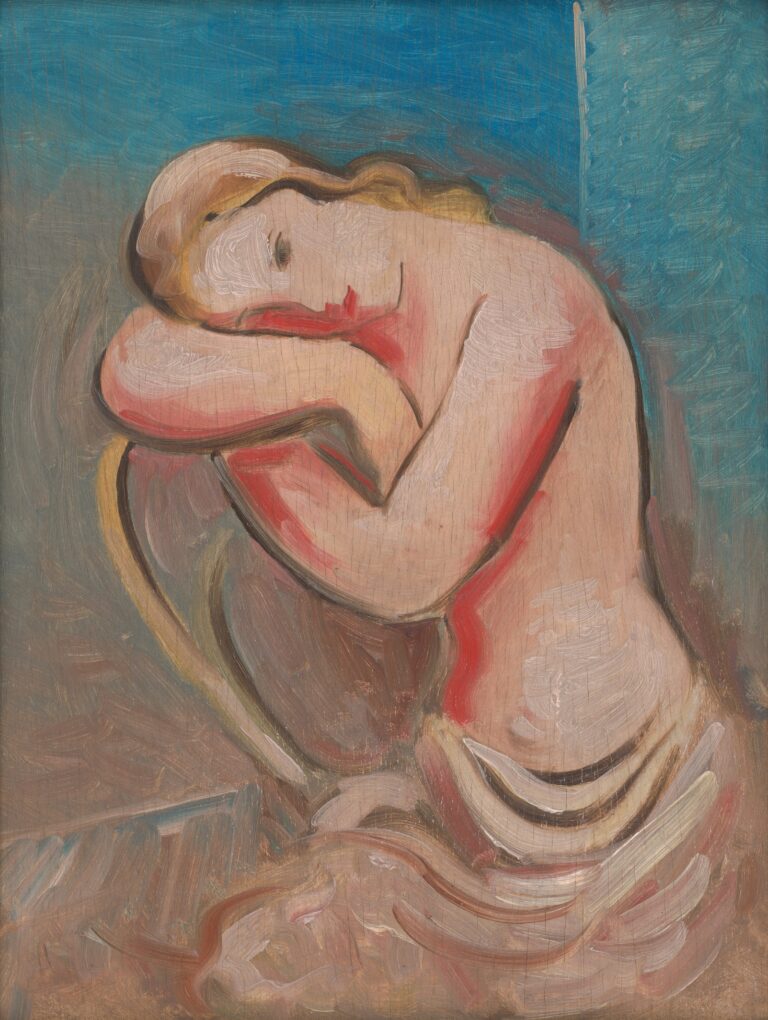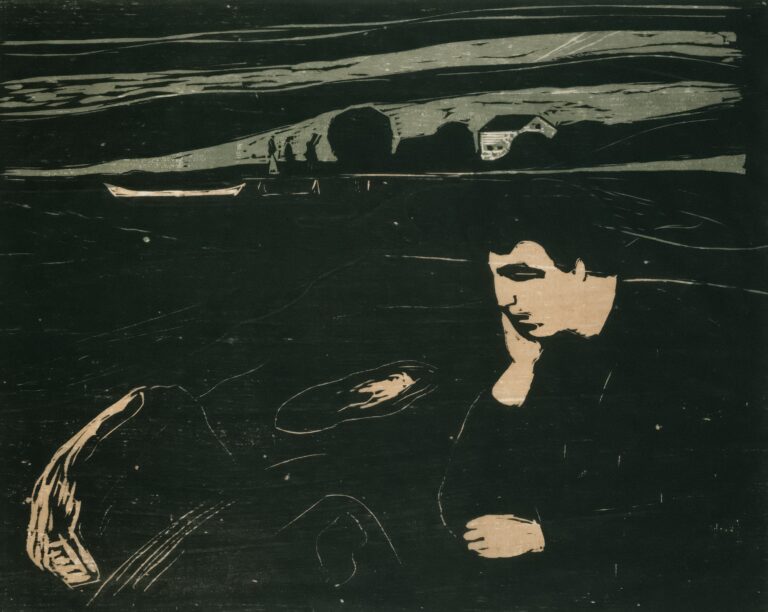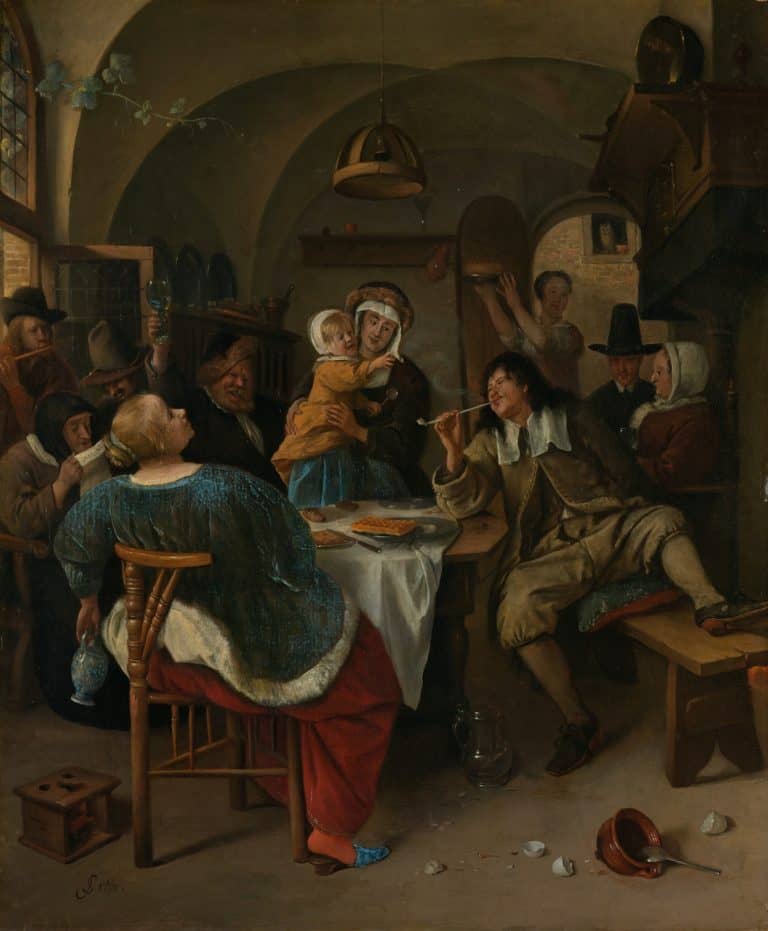Understanding Retroactive Jealousy OCD: Causes, Symptoms, and Treatment

Retroactive Jealousy OCD, also known as Retroactive Jealousy Obsessive-Compulsive Disorder, is a specific subtype of OCD characterized by obsessive and intrusive thoughts about a partner’s past relationships including a partner’s sexual experiences.
Individuals with retroactive jealousy OCD become fixated on their partner’s past relationships, encounters, or even casual interactions, often experiencing intense feelings of jealousy, insecurity, and distress.
These intrusive thoughts may involve incessant rumination about specific details of their partner’s past, such as past lovers, intimate moments, or even innocent interactions with others.
The individual may obsessively seek reassurance from their partner, repeatedly questioning them about their past or engaging in behaviors such as checking social media or asking for detailed accounts of past relationships.
Symptoms of Retroactive Jealousy OCD
Recognizing the signs of Retroactive Jealousy OCD involves understanding the distinct behaviors and thought patterns characteristic of this subtype of OCD. Here are some common signs to look out for:
Obsessive Thoughts
Individuals with Retroactive Jealousy OCD often experience persistent and intrusive thoughts about their partner’s past romantic or sexual experiences. These thoughts may be distressing and difficult to control, leading to frequent rumination and preoccupation.
Constant Comparison
They may find themselves constantly comparing themselves to their partner’s past romantic partners or dwelling on specific details of their partner’s past relationships. This comparison often fuels feelings of inadequacy and insecurity.
Reassurance Seeking
Individuals with Retroactive Jealousy OCD may repeatedly seek reassurance from their partner about their past relationships or encounters.
They may ask for detailed accounts of past experiences or engage in behaviors such as checking their partner’s phone or social media accounts for information.
Avoidance Behaviors
Some individuals may try to avoid triggers that remind them of their partner’s past, such as avoiding certain places or social situations where their partner’s past may come up in conversation.
This avoidance can interfere with social activities and relationships.
Compulsive Behaviors
Individuals with Retroactive Jealousy OCD may engage in compulsive behaviors related to alleviate their anxiety and distress. These behaviors may include repeatedly asking about a partner’s past relationship, asking about a partner’s past sexual history.
Impact on Relationships
Retroactive Jealousy OCD can significantly impact relationships, causing tension, conflict, and emotional distress for both partners. The constant questioning and reassurance seeking can strain any healthy relationship and erode trust over time.
Recognition of Irrationality
Despite recognizing the irrationality of their thoughts and behaviors, individuals with Retroactive Jealousy OCD may struggle to control their intrusive thoughts and compulsive behaviors.
It’s important to note that experiencing occasional feelings of retrospective jealousy in a relationship is normal, but when these feelings become obsessive, intrusive, and interfere with daily functioning, it may indicate the presence of Retroactive Jealousy OCD.
Seeking support from a mental health professional trained in treating OCD can help individuals better understand their symptoms and develop strategies for managing them effectively.
Retroactive jealousy Vs Normal Jealousy

Distinguishing between Retroactive Jealousy and ‘Normal’ Jealousy involves understanding the underlying motivations, thought patterns, and behaviors associated with each. Here’s how they differ:
Retroactive Jealousy
Focus on the Past
Retroactive Jealousy is characterized by an obsession with a partner’s past romantic or sexual experiences.
Individuals with this condition become fixated on specific details of their partner’s past relationships, encounters, or interactions, leading to intrusive thoughts and feelings of jealousy.
Intrusive Thoughts
People experiencing Retroactive Jealousy may have persistent and distressing intrusive thoughts about their partner’s past. These thoughts can be irrational and difficult to control, often causing significant emotional distress and interfering with daily life.
Reassurance Seeking
Individuals with Retroactive Jealousy may engage in compulsive behaviors such as seeking reassurance from their partner about their past relationships or repeatedly asking for details about their partner’s past experiences.
This reassurance seeking can become a repetitive cycle that exacerbates feelings of jealousy and insecurity.
‘Normal’ Jealousy
Present-Focused
‘Normal’ jealousy typically arises in response to perceived threats or challenges to a current relationship.
It may be triggered by situations such as flirting with others, spending time apart, or suspected infidelity.
Transient Feelings
Occasional feelings of jealousy are a normal part of human relationships and may arise due to insecurities, past experiences, or situational factors.
However, these feelings are usually transient and dissipate once the situation is resolved or the perceived threat is alleviated.
Healthy Expression
In healthy relationships, jealousy may prompt open communication and dialogue between partners, leading to increased understanding and trust.
Partners may express their concerns and work together to address any underlying issues or insecurities.
Limited Impact
While jealousy in relationships is common, it typically does not dominate one’s thoughts or lead to excessive reassurance seeking or compulsive behaviors.
‘Normal’ jealousy is manageable and does not significantly interfere with daily life or functioning.
Life With Retroactive jealousy

Living with Retroactive Jealousy OCD can be an emotionally tumultuous experience, marked by constant turmoil, distress, and inner conflict.
Here’s how it feels for individuals grappling with this condition:
Overwhelming Intrusive Thoughts
Individuals with Retroactive Jealousy OCD often experience intrusive thoughts that relentlessly invade their consciousness.
These thoughts can be graphic, vivid, and distressing, causing intense emotional upheaval.
Persistent Anxiety and Obsession
The anxiety stemming from Retroactive Jealousy OCD is relentless, with individuals constantly preoccupied by thoughts of their partner’s past.
They may obsessively ruminate on specific details, replaying scenarios in their mind and imagining the worst-case outcomes.
Emotional Rollercoaster
Living with Retroactive Jealousy OCD often feels like being on an emotional rollercoaster, with highs of temporary relief followed by plummeting lows of intense fear, insecurity, and despair.
The unpredictability of these emotional fluctuations can be exhausting and overwhelming.
Strained Relationships
Retroactive Jealousy OCD can take a toll on relationships, leading to tension, mistrust, and frequent conflict.
The constant questioning of a sexual past, or a partner’s sexual history and reassurance seeking may strain the bond between partners, eroding trust and intimacy over time.
Isolation and Shame
Individuals with Retroactive Jealousy OCD may feel isolated and ashamed of their unwanted thoughts, fearing judgment or condemnation from others.
This sense of shame may prevent them from seeking help or confiding in loved ones, further exacerbating their distress.
Loss of Control
Perhaps most frustratingly, living with Retroactive Jealousy OCD often feels like being trapped in a cycle of irrational thoughts and compulsive behaviors, with a pervasive sense of helplessness and loss of control over one’s own mind.
How to manage Retroactive Jealousy OCD
Managing Retroactive Jealousy OCD involves a multifaceted approach that addresses both the underlying obsessions and compulsions, as well as the associated emotional distress.
Here are some strategies and techniques that can help individuals cope with Retroactive Jealousy OCD:
Cognitive-Behavioral Therapy (CBT)
CBT, particularly a subtype known as Exposure and Response Prevention (ERP), is considered the most effective treatment for OCD, including Retroactive Jealousy OCD.
In ERP, individuals gradually expose themselves to anxiety-provoking situations related to their obsessions while refraining from engaging in compulsive behaviors
Set Boundaries
Establish boundaries around discussing past relationships or experiences with your partner.
Agree on limits for discussing past events and commit to focusing on the present and future of your relationship rather than dwelling on the past.
Seek Support
Connect with a therapist or support group specializing in OCD or relationship issues.
Talking to a professional or others who understand your struggles can provide validation, support, and guidance in managing Retroactive Jealousy OCD.
Medication
In some cases, medication such as selective serotonin reuptake inhibitors (SSRIs) may be prescribed to help alleviate symptoms of anxiety and OCD. Consult a psychiatrist or healthcare provider to discuss medication options and potential side effects.
It’s important to remember that managing OCD retroactive jealousy is a process that takes time and persistence. Be patient with yourself, celebrate small victories, and seek professional help if needed.
With the right support and strategies, individuals can learn to effectively manage their symptoms from a plethora of mental health disorders.





